"In order to entertain, you need to fictionalize but you need to know how." - Abhimanyu
Abhimanyu Singh talks about about his journey, the digital media and his future plans for his production house Contiloe.
Published: Saturday,Nov 04, 2017 18:01 PM GMT-06:00
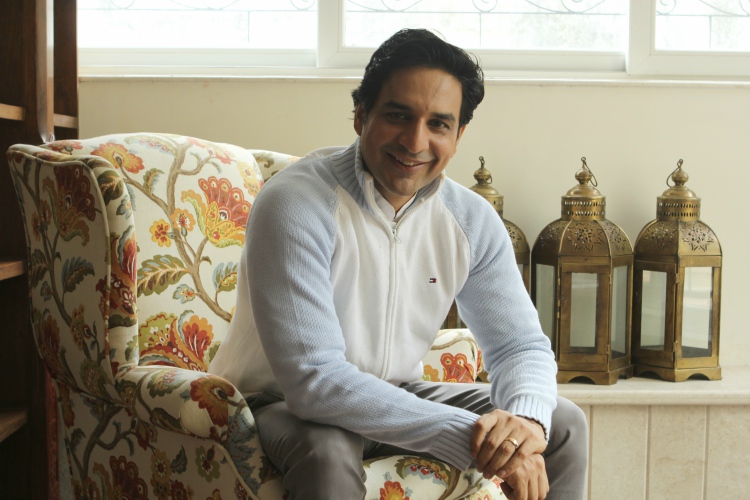
Producer Abhimanyu Singh, the founder of Contiloe has been instrumental in providing to Indian TV industry something constantly different and entertaining- quality video content with their 'ever so evolving' technology. His production house has successfully dabbled in genres that include drama, comedy, thriller, documentaries, feature films and a lot more.
In a free wheeling chat with India Forums, we got Abhimanyu to spill a few facts on his understanding of digital content and television today.
Tell us something about your Journey...
So I started my career in the television industry in the mid 90s, and we did our first show for Doordarshan at that time. Back then, Doordarshan was controlled largely by selected big production companies/houses. So breaking in and getting a show there was difficult, but we somehow achieved it. And at that time, me and my brother used to work together. We were successfully able to produce that show, but because there were only so many slots available and also there was immense pressure, our show, inspite of doing very well, its slot was given to someone else. Getting another slot was very difficult and we had to go through our own struggle, despite having done a successful show behind us.
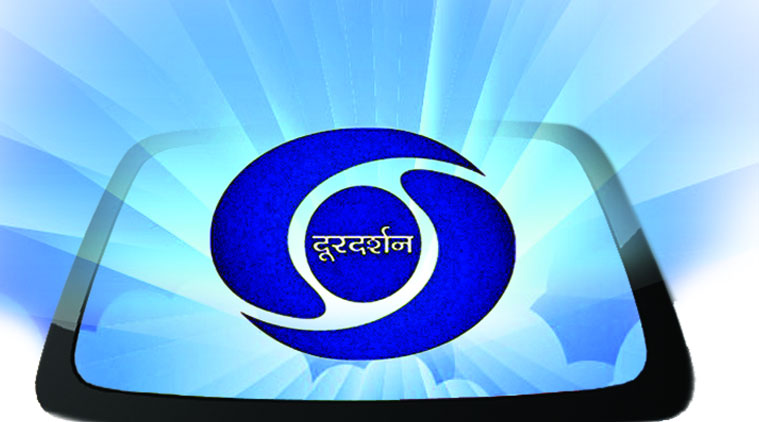
However, doing a show for Doordarshan in that era was a different and difficult ball game all together. Then came the satellite channels. With Star deciding to do more programming, Sony, Zee and all other channels were just about beginning in the late 90's. And fortunately at that time, we had retained all the rights of the shows that we did and we were able to sell that to Star and that is how we began our working relationship with Star and the satellite channels. Since then, its been a roller coaster ride with a constant flow of work. We've tried to do things we truly believe in and what we have been passionate about. Because in this line, if you're really not passionate about the work you do, you slowly begin to wean away. And I think that is something we have been constantly aware of as it keeps coming and it constantly comes inherently from within us, that we wanted to do shows that we wanted to tell stories of, what excites us, what makes it more exciting as makers to make shows.
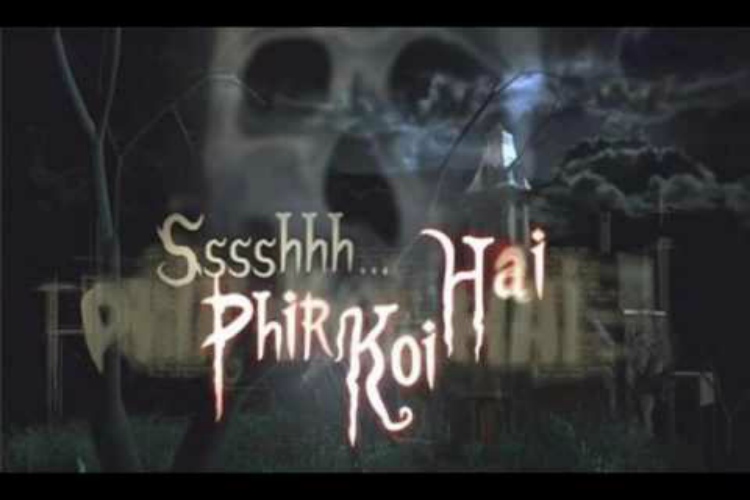
Initially we started with a horror/thriller show in the form of Sshh Koi Hai in 2001 for Star which continued till 2010 and it enjoyed a 10 year journey. Then we did a few other shows namely Kashmir, which was a drama based on how Kashmir was going through a transition period, how it impacted the lives of people and how families got destroyed, how relationships got destroyed; it was a mini series. Then came Krishna Arjun, from there on we started doing various other shows, including fantasy dramas on various other channels. We liked doing fantasy, visual effects, and stuff like that.
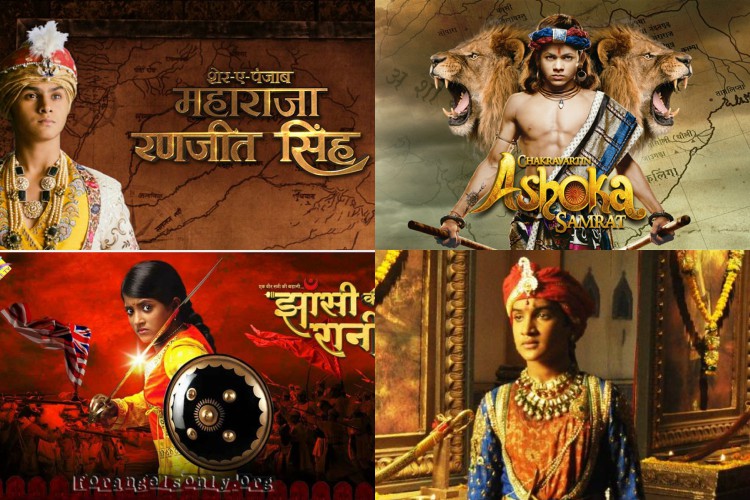
And, it was only in 2008 that we started working on Jhansi Ki Rani, which was the first historical show that we made and we enjoyed it thoroughly. It was challenging, yet it was very rewarding because of the kind of adulation, respect and satisfaction you get by telling stories that the audience does not know too much about.
After Jhansi, we made Shivaji, Bharat Ka Veer Putra Maharana Pratap, Chakravartin Ashoka Samrat and Sankat Mochan Mahabali Hanuman in the last nine years which is five different historicals. Then we did Maharaja Ranjit Singh which was another first of its kind show. So that's pretty much 'been in a nutshell' kinda journey as far as TV is concerned.
Honestly, when you make content, you want to make film content as well. And we have made a couple of telefilms. In fact, we were among the first people to make a telefilm on Neerja which played on Life OK. The film on Neerja came later. Then we did a film as a co-production with Sony which was a horror film 'Darr At The Mall' starring Jimmy Shergil. And then we've done Mahayoddha Rama, for which we have received a national award as well. So this is as far as films are concerned.
Amidst all this, we also used to do a lot of film based programming. When NDTV Imagine launched, we did a partnership with Imagine for a channel called Showbiz, which we later on sold to BIG. So we've done other stuff in entertainment but we've focused more on Television content and creating differentiated content.
So when it comes to Television content that we usually see on TV and what you've done, yours stands out. Despite all the pressure for ratings, you have continued producing different content... So has the audience adapted to it, and how did you manage to work that out?
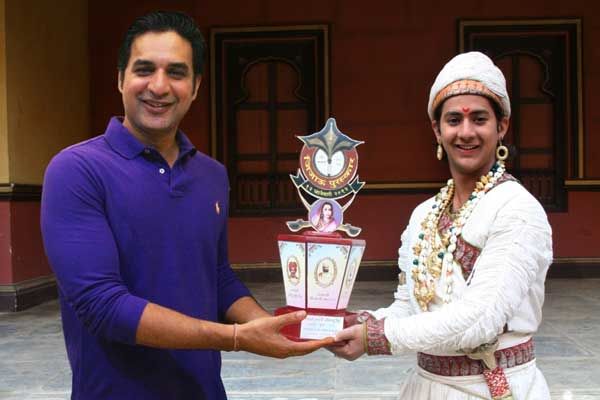
See, I think anybody will have the pressure of ratings because they have to make financial gains for the broadcasters. But, having said that, the audience will also want variety, and there are many makers who are extremely good at making soaps. But we are not and we have not been very passionate about doing daily soaps, we don't even know whether we can do it or not. We were more passionate on doing these genres, and we've focused on doing horrors, thrillers, mythos, historicals and fantasies. And, I think obviously it helps us as a company to be more focused on things we want to do, rather than doing anything that comes our way. Also, you keep learning throughout during these genres, because there is so much of technology involved in storytelling, there is story telling that is being reinvented, so you're constantly on your toes to be able to deliver to the changing tastes of the viewers. We're also evolving by doing such shows; when you see our historicals right from Jhansi Ki Rani to Maharana Pratap, there's been major improvement in the way both shows looked. So yes, we've been constantly evolving, be it the sets, the vision or the technology we use, we re constantly adapting and adopting technology and I think that is extremely important. So we've been doing this because we like it and it also excites us to do. As far as soaps are concerned, there are people who continue doing it as they are extremely good with them.
As far as mythos and historicals are concerned, there is a lot to explore and talk about in terms of the story. However, people are all shifting to shorter formats, finite series and are taking to the web as well. Do you think the mythological and historical shows will be restrained and suffer if such is the case or will it be able to justify it?
I believe that on digital space, there is a discerning audience, that is the audience that was watching Television and is now not watching it, the GEC. So that was the audience that was watching 5 day cricket, and they don't watch it anymore, they watch 20-20 now. So the audience's attention spans do undergo change, and with evolution they have become shorter and smaller. They are going to continue watching content, it is how you deliver that content to them, how your stories are, how engaging your characters are. Obviously, whether it is mytho, whether it is thriller, or historical, these are all very popular formats when you look at digital platforms like Netflix, or Amazon, they are all doing very well. So, to answer that question, they will all work in the digital space but can not be delivered in a way they are delivered on the traditional space. So traditional television will exist, but your digital audience, which is a discerning audience will want content to be delivered in a different manner to them. You can't just present the same content on the digital space and expect it to work.
India is a very sensitive country when it comes to the scriptures and mythos. While picking up stories of historic and cultural significance, how cautious do you have to be?
See, you have to be extremely careful and you also have to have that experience. Firstly, you need to have a great set of researchers, you need to have a great sense of sensitivity; you as a maker should be aware of the sensitivities as any maker would not want to make content to hurt anybody. But even unknowingly, you need to know them so as to ensure there is very less amount of scope for you to go wrong.
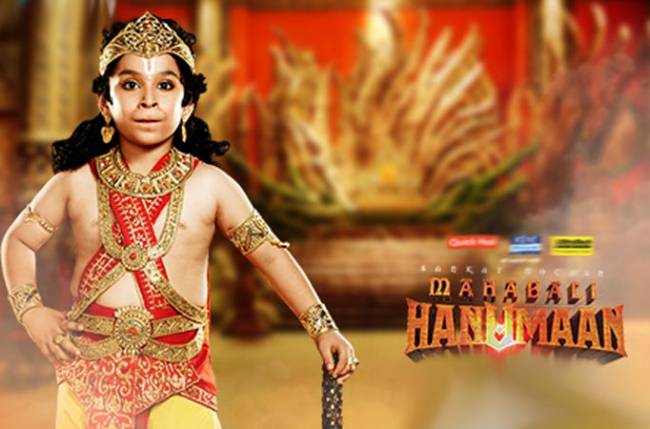
But there are so many adaptations available, there are parallel plots. For instance, the recent Sanjay Leela Bhansali controversy where the Rajput community took offence. Even though there are facts, some strata of the society is bound to have issues.
Most of our shows talk about the Hero, and you don't want to put the hero in a bad light. And when you're not doing anything bad there, you automatically reduce the possibility of controversies. In history, there is a lot of things which are written, things that aren't worth showing, and it is not going to add to the viewer's experience. So I guess you need to be sensitive enough and your writers have to know the sensitivity; you need to know why are you telling the story because there is a reason to it. And when you talk about Mythological shows, it is philosophy. Main aaj Hanumaan ka ek episode dekhunga; mujhe usme seekh bhi milegi aur usme entertainment bhi milega. But, I am in no way promoting anything wrong, I want to depict the right way of thinking through my character, I will ensure that the plotting is done in a way that I go as little wrong as possible. Then you have researchers to tell you how Hanumaan should talk to Ram, how Ram should talk to Laxman and how Ravan has to talk to Sita; how when Ravan comes to kidnap her to what extent can he touch her, and how does he talk to her. All these things you need to be careful about, discuss it, and then film it because those are the sensitive matters. So basically you need to know what is the sensitive matter and accordingly be more vigilant.
However, a little commercialization is needed and that is allowed. Comment.
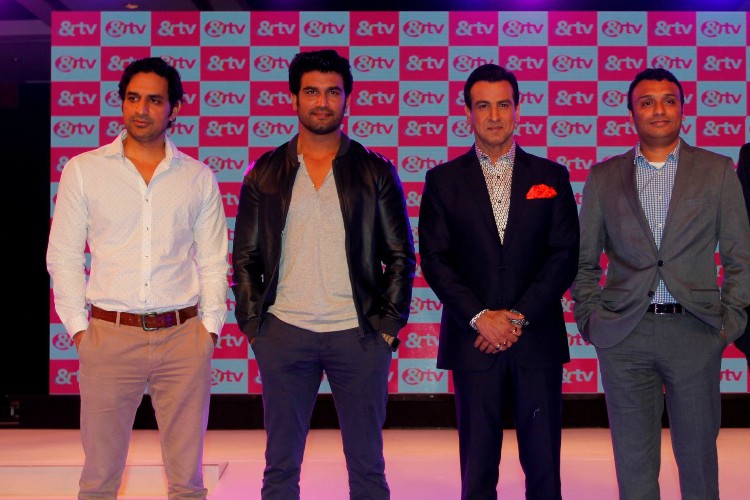
I don't think anybody is against commercialization, or more than commercialization, the correct word would be fictionalization. In order to entertain people, you need to fictionalize, but, you need to know how to fictionalize without hurting the sentiments or compromising on values.
Apart from the content, there is a lot of technology involved in the post production including the VFX. So how do you manage to do that and is Television financed and well equipped for the kind of post production that we get to see in your shows?
See you have to adopt and adapt to technology as content makers. For instance, as far as Vignaharta Ganesha is concerned, we used something that is called as motion capture, which is where the track points of the camera are mounted to the actor's face and then it captures every emotion because we are seeing Ganpati the way we have been seeing Ganpati in pandals. These are just technology advancements that are happening around the world, so you need to know how that technology can help you do what you are doing better. And as makers, adapt and adopt it. Luckily, we have a very good visual effects team, one of my team members also won an international award for the best animator for the same film. They are constantly looking out for things to make your character look better on screen, and to see the things of history such as armies or wars, that we are trying to show you, you need technology.
If you wish to show Vishnu on Garud, what is Garud like, how is he flying down; so these are visuals that you have until now seen on the blue screen, but now you can actually show a bird going around various galaxies and moving into the earth or flying over Kailash and all the extravaganza. If you don't know how technology can help you, then you are going to have impediments in showing your story. We are constantly trying to learn how technology is progressing and how we can incorporate the same into our shows.
The technology is finally evolving in India and there is a lifestyle that supports such an evolution. For example, we have 4K technology but we barely have 4K televisions to showcase the same. Do you think India's infrastructure is able to change that and financially, are the channels supporting the producers to create something of that nature and present on the celluloid?
The point is that when technology changes, it makes the experience better. The viewers will get ready; they always aspire to have better things. If they have a 2k TV, tomorrow, they will also move onto 4k viewing and with 8k and 16k coming in the view, the picture is only getting better and viewers also want a better experience, therefore it compels makers to be able to tell that story in a bigger manner. Experience needs to be enhanced; look at Bahubali for example, you can tell the same story without those visuals but the viewing experience will be totally different. It is only the technology that is helping you move ahead, and hence it is only important that all the makers are abreast with what is happening in terms of the Technology.
In terms of medium for entertainment today, while Films are totally different and vertical, digital does allow you to show things you can't show on TV and for some people the two mediums are clashing. So where is Contiloe heading on that note?
We are still understanding that space. I think the biggest challenge that we have in the wake of the digital revolution is I don't think we will have cheaper programming on digital. You are going to have to have even a bigger experience so if I am telling them something in mytho, I will have to tell it to them in a concised fashion and make that experience so good that you're not going to get that kind of experience on a Television show and therefore you will be seeing it for the kind of story telling and the visuals that you've not been able to get on traditional. But what is happening in the world is that the traditional way is undergoing a reduction and there is a phenomena called 'cot cutting' where people are drifting away and they are just going to the digital space. And then you have a younger audience that is the new age audience, who've never gone on traditional television. So there is a transition, and there will be co-existence I feel, I don't think anything will die and that is a change that is happening and you can't stop that or reverse it.
You are very selective with the kind of content. However, when it comes to digital, there is a lot of force feeding... there are web series and shows that just force feed the audience with content (sex, etc) in the name of youth based content. Comment.
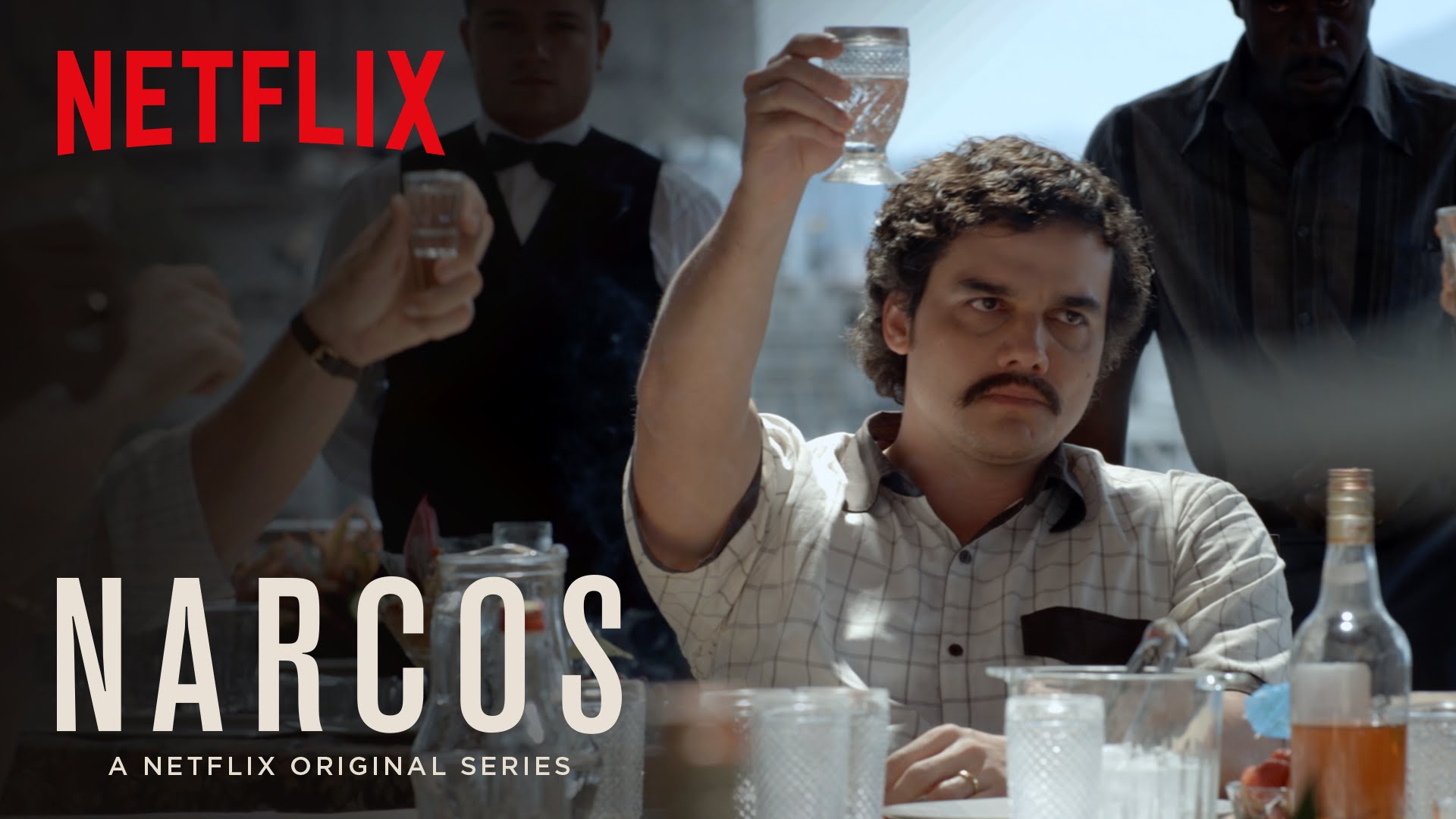
When I see a Narcos let's say, it is a Spanish show, and I am watching it in India and I think that is the kind of opportunity that digital platform gives. You can now tell stories to the world and the world will watch it as long as you tell those stories in the manner that is compelling story telling for the digital space.
So, whether you need more sex in some shows depends on the story. If you're doing historicals, you had Harrems at that time; you had killing chambers, torture, intrigue, incest, all these things were historically present but you don't show any of it. So when you show historicals in the digital space, you can show all this and they can be a part. All of this has been a part of historicals, whether you see Rome, Game Of Thrones, you see any of these and they are not apologetic about it. In Television you need to be very clean with your story telling, in digital, you can tell your story in an unapologetic manner because you don't have to clean up anything.
When you talk about the experience and standard of digital content, Indian audience is yet to totally welcome paid content on digital space. They are not ready to pay yet, and the fees for OTTs are lesser than International standards. Do you think you can maintain the standard if you have no backup?
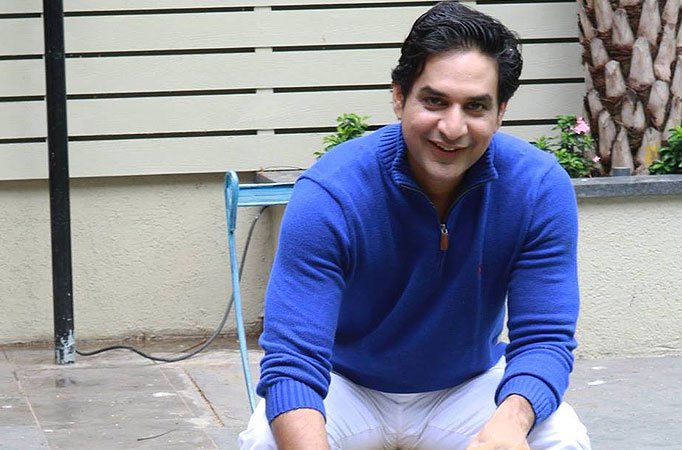
Viewers and viewers alone will drive this, I'll tell you why.
If you tell the viewers that you are going to watch same kind of stuff for the rest of your life, see their reaction after one year. They will want a change and they will be willing to pay for that change. In the digital space, the consumers will have to pay, worldwide they pay, they have a robust cable system and digital seems to be a cheaper option than cable.
Here however, cable is far more cheaper, and here is when the consumers will decide whether they want cheap cable television or they would want an enhanced experience and pay. Monotony will set into their lives and they will pay, they will have to transit. I guess even networks are doing that, and they have their own apps. So yes it is inevitable after all.
Having said that, you also said that they both can co-exist. If someone has DTH, and switches to Hotstar or a Netflix and pay there. But, do you think they will be willing to pay for both?
I think there will be coexistence also, and there will be isolation also in the sense that they will watch only one of the two. You know what fetish it, you pay for it once and it is free for life. And, India is a poor country, if you're getting completely free for the rest of your life, you will have that chunk of audience after all, because you're talking about a huge number here. When we go into the interiors, people don't have water, the basic amenities are not there. Obviously now there seems to be change happening, so are they going to pay for those amenities or are they going to pay for this. But, they want entertainment and they are getting that option by paying a 1000 or 1200 for once and getting a free Dish for the rest of their lives. It is not that one thing will die completely, but monetization will begun. As they call, SVoD, Subsricber Video Demand, people are paying. Even if there are a 200,000 - 300,000 subscribers who are paying, you have 5-10 million and you have got a huge game going on. Television on the other hand has 200 million outsource. And digital to survive needs 5-10 million outsource, and that will come over a period of time.
You've produced an animated film. So is there any of it that we will see on TV, or anything coming up next in films?
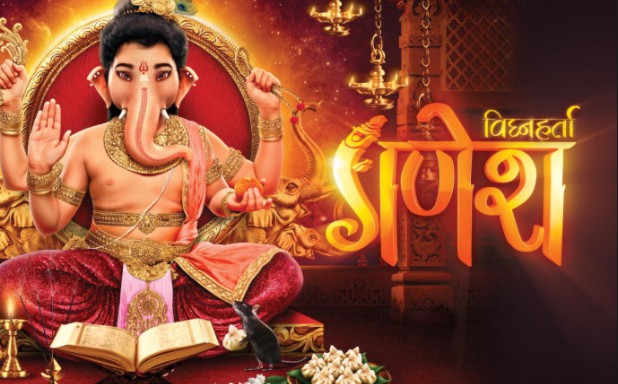
So we are doing another animated series, I am keen on animation and I think animation is a great tool for story telling; it is something which hasn't been used too much in our country. We have great tales and those tales should be told through animation. We are going to continue in animation and create content in there. I think there are enough opportunities.
Are you planning to go into mainstream filming or would you continue with TV?
Our focus remains on Television, and content. We are also developing upon shorter formats as to how that can be worked. We are investing our time and money and energy in doing that because we want to prepare for what the consumer might wan tomorrow. And so we are focusing on all those things. Films I think we all know what the state of cinema is and I think it needs serious reinvention for it to survive. Otherwise just like Hollywood has taken over the maximum markets in the world, we will be swallowed up if we don't reinvent today.
What is your take on the Television industry today with the regressive content v/s progression with technology debate going on? Are you happy with the way television is shaping up today?
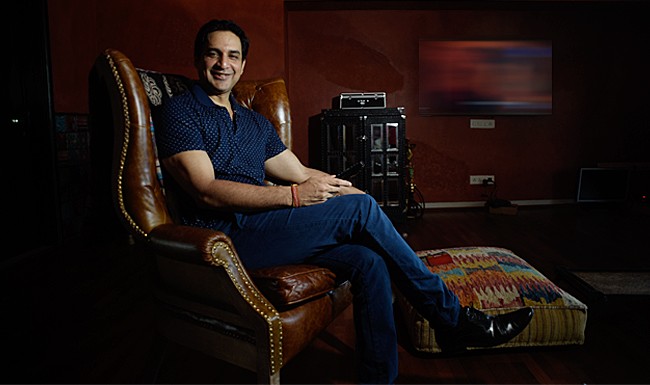
See I think with content you have great opportunities, so many people are making it for Amazon, for Netflix - 10 episode stories with huge budgets where they can really tell the story. So you just look at what is happening to content, you are getting good opportunities now whether it is for Television or otherwise. SVoD I think is for TV only. On my TV set I have Netflix, I have Amazon and people are going to watch it either way (TV, phones, iPads, etc). So for me that broadcast is a different thing, but TV continues to be serviced through my television set, even that digital piping, you are only going to have more opportunities as makers. Currently there is a sense that bigger things that have been tried have worked and the stuff which seems to be lowest common denominator is working better but that is because of the newer audiences.
I remember when in our village there used to be only one TV set and the whole village used to watch it at my house. Now you go to my village everyone has a Television set. I am not the person who is calling the shorts now, it is those people who never had television sets. It is the newer audience, those audience needs to be catered and therefore the ratings are going up on shows which are catering to that kind of stuff. I don't think you can ever look down upon the content and call it regressive or progressive. I think the viewers decides what they want and that is the success or failure of the show.
Such deep understanding of the Digital space is really commendable.
Join Our WhatsApp Channel
Stay updated with the latest news, gossip, and hot discussions. Be a part of our WhatsApp family now!
Join NowYour reaction
 Nice
Nice Great
Great Loved
Loved LOL
LOL OMG
OMG Cry
Cry Fail
Fail









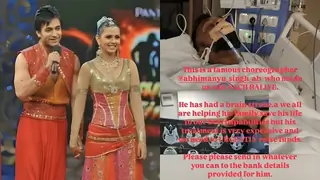


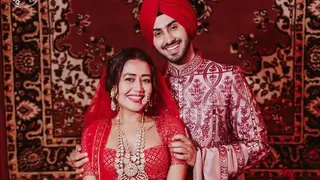
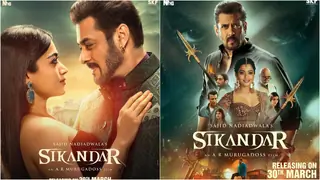
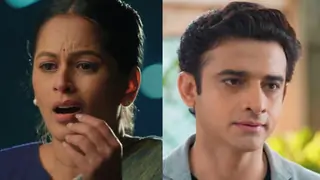









Post a comment